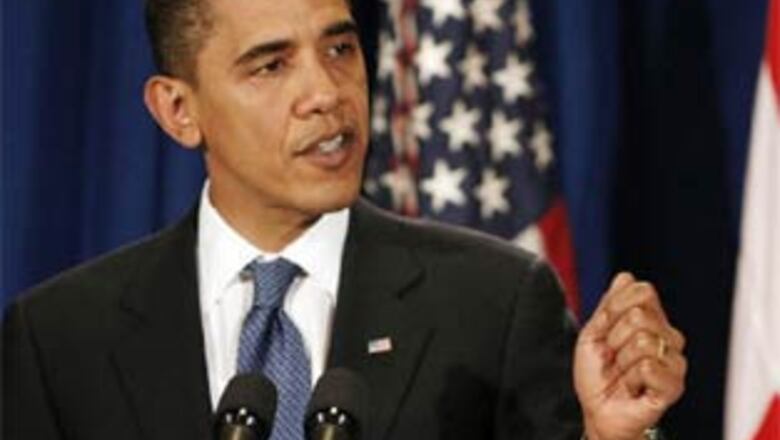
views
Copenhagen: US President Barack Obama reached a climate agreement on Friday with India, South Africa, China and Brazil. The deal outlined fell far short of the ambitions for the Copenhagen summit.
Here are key points from the agreement, which is titled "Copenhagen Accord".
Long-term Goals
"Deep cuts in global emissions are required according to science...with a view to reduce global emissions so as to hold the increase in global temperature below two degrees Celsius."
Legally Binding Deal
A proposal attached to the accord calls for a legally binding treaty to be pinned down by the end of next year.
Financing For Poor Nations
The text says: "Developed countries shall provide adequate, predictable and sustainable financial resources, technology and capacity-building to support the implementation of adaptation action in developing countries."
It mentions as particularly vulnerable and in need of help are the least developed countries, small island developing states and countries in Africa.
"Developed countries set a goal of mobilizing jointly $100 billion a year by 2020 to address the needs of developing countries. The funds will come from a wide variety of sources, public and private, bilateral and multilateral."
An annex carries the following short-term financing pledges from developed countries for 2010-2012:
- EU - $10.6 billion
- Japan - $11 billion
- United States - $3.6 billion
Emissions Reduction
Details of mitigation plans are included in two separate annexes, one for developed country targets and one for the voluntary pledges of major developing countries.
These are not binding, and describe the current status of pledges -- ranging from "under consideration" for the United States to "Adopted by legislation" for the European Union.
Verification
A sticking point for a deal, largely because China refused to accept international controls, the section on monitoring of developing nation pledges is one of the longest in the accord.
It says emerging economies must monitor their efforts and report the results to the United Nations every two years, with some international checks to meet Western transparency concerns but "to ensure that national sovereignty is respected".
Forest Protection
The accord "recognises the importance of reducing emission from deforestation and forest degradation and the need to enhance removals or greenhouse gas emission by forests", and agrees to provide "positive incentives" to fund such action with financial resources from the developed world.
Carbon Markets
Mentioned, but not in detail. The accord says: "We decide to pursue various approaches, including opportunities to use markets to enhance the cost-effectiveness of and to promote mitigations actions."













Comments
0 comment